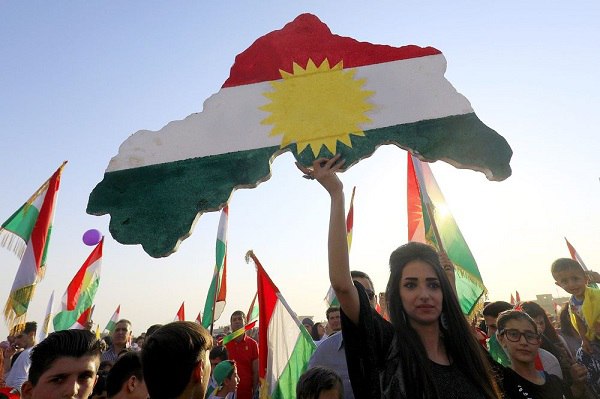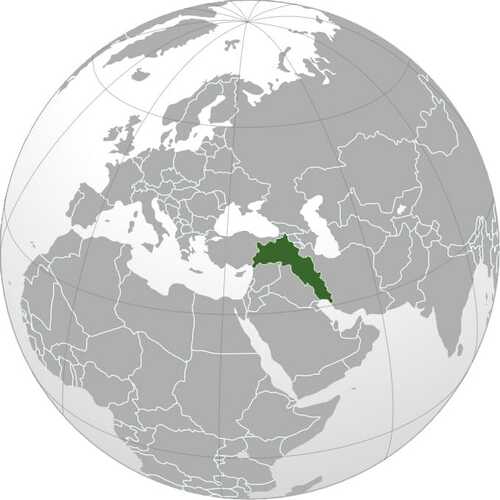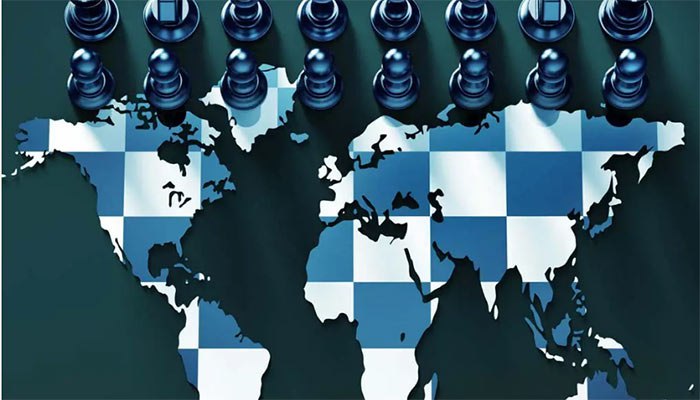Geopolitics
The concept of geopolitics was first used by a Swedish thinker named Rudolf Killen in 1899. Like other concepts in the humanities, this concept has a variety of definitions, all of which emphasize the elements of "geography, power, politics, and competition". Some thinkers see geopolitics as the science of examining geographical factors and political decisions.
Others see geopolitics as how international policy is read and written by those in power, their thoughts, and their influence on political decisions at the national and regional levels. Others see geopolitics as the influence of the environment or environmental phenomena such as “geographical location, landforms, rare resources, communication, and export services, public communication tools, etc.” on political decisions, especially at the regional and global levels.
Other thinkers define geopolitics as a multi-faceted concept of "geography, politics, and power". In general, and by any definition of geopolitics, the role of the environment or geography as one of the most important factors in political equations and power is considered in this science.

Kurdistan Geopolitics
Because there is no state or country called Kurdistan on the world map, it is not possible to compare the geopolitical weight of Kurdistan, which requires accurate and official statistics on various variables.
The Kurds are the only nation whose country is political geography located within the borders of four countries in the region. Kurdistan is partly located in both Syria and Iraq, which are considered part of the Arab world. Part of Kurdistan is under NATO member Turkey. Another part is located within the geographical borders of Iran. Kurds also live in the former Soviet Union and Central Asia in the Caucasus, Armenia, Azerbaijan, and Georgia. As a result, the Kurdish issue has become particularly complicated at the international level.
Kurdistan's geopolitics has its roots in the division of the Ottoman Empire after World War I but is largely influenced by US interest-oriented policies in the Middle East.

Kurdistan's geopolitical obstacles
1. Kurdistan's continental shelf and inaccessibility to the sea
If Kurdistan becomes a country, it will be a landlocked country. Therefore, landlocked Kurdistan will need strong neighbors due to its lack of direct access to the sea. The need for access to the sea puts Kurdistan under the direct influence of the policies of its neighbors, which weakens its power in Kurdistan.
If we look at this realistically (Kurdistan is a landlocked country), its neighboring states can subdue Kurdistan with a hostile attitude. However, if Kurdistan declares independence and is accepted by the international community, international law does not allow Kurdistan's neighboring states to put pressure on Kurdistan.
2. The prevalence of the tribal system in Kurdistan's political and social events
One of the most effective obstacles in the Kurdish struggle to achieve their rights within the framework of autonomy, federalism, and independence has been the existence of tribal problems, especially among the tribal chiefs of Kurdistan. These problems have slowed down the process of nation building and Kurdish nationalism.
In the tribal system, there is little possibility of forming a political unit (country) because the tribe pursues only its own needs, and this constantly leads to conflict and problems among the tribes. Ibn Khaldun defines this situation as follows: "Areas facing a plurality of tribes and societies are unlikely to form a strong state."
Tribal, regional, and urban problems, family interests, and inner party problems, especially between the parties in the struggle, are among the most obvious weaknesses of political movements in Kurdistan.
Tribal problems in the past and party problems and interests in the present are among the geopolitical obstacles to the Kurdish people's struggle. Such problems are not hidden from the view of the observers of the Kurdistan issue and unfortunately, the strengthening of such problems creates the opportunity for the enemies of the Kurdish nation to further suppress our nation. Contemporary history has shown that whenever the Kurds have united among themselves, not only has the atmosphere of hope and joy returned to the Kurdish national struggle, but the enemies have also become inactive and have taken a defensive position.
3. Abundance of dialects, sub-dialects, and religions in Kurdistan
Language is one of the most important and influential factors in the process of nation-building that brings all individuals of a nation closer together with different dialects and sub-dialects and provides the infrastructure for the formation of a nation-state.
The geographical extent of Kurdistan, its topographical situation, and the division of Kurdistan into several countries with different languages have made it difficult to determine a literary and standard language that all Kurdish regions of the Middle East can use as a common language.
Although the abundance of languages and dialects in the speech of the Kurdish people is considered a geopolitical weakness, in the event of a proper language policy and acceptance of cultural pluralism, in East and South parts of Kurdistan, "Sorani" can be made a common language, but in other regions that Hawrami, Kalhori, and Kurmanj live, their dialect should be officialized as the language of education in schools alongside the common language.
Although most Kurdish organizations and parties in Kurdistan have based their political thought on secularism, the history of the Kurdish political struggle, especially in the South and North parts of Kurdistan, has been the participation of all Kurdish people regardless of religion. In this way, the role of religion in some parts of Kurdistan has slowed the trend of Kurdish nationalism and the interest in reflecting the culture and language of the dominant majority has influenced Kurdish identity in these areas. National unity in Kurdistan can only be achieved by accepting cultural pluralism.









